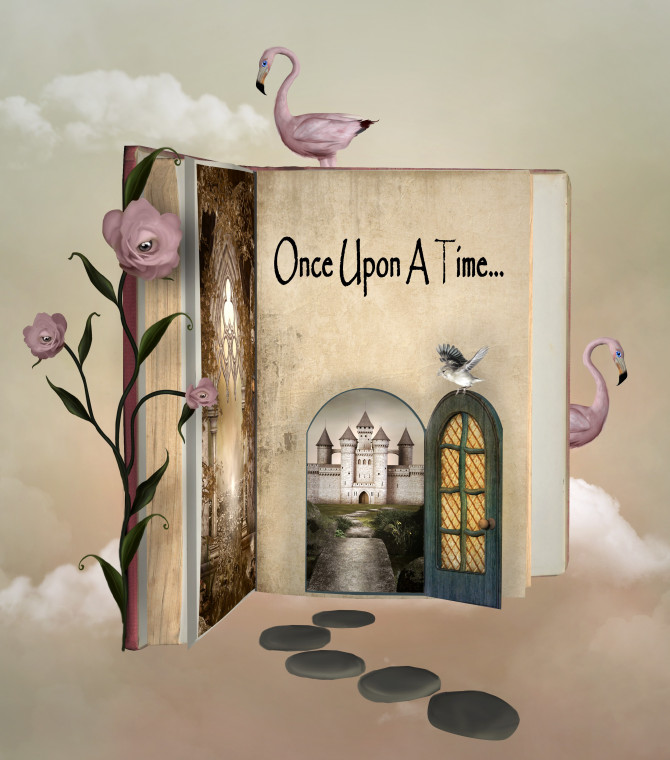How not to tell a story
Once upon a time... There was a time when it seemed like every story started that way. As children, we loved to hear stories about faraway lands where good triumphed over evil, where the hero always came out on top. Though we may not know it, we still like those stories - not as fairy tales, but as stories communicated by people, movies, commercials or newspapers. We can listen to them over and over until they’re just... well, a story badly told.
Dostępny jest przetłumaczony materiał kliknij tutaj, aby przejść do materiału.

Badly told, meaning a story that’s terribly predictable, for example. Let’s imagine a novel in which the main character has everything in life from the very beginning: he’s good at what he does, he has a wonderful family, and he has enough cash to live a carefree life. In a word, there are no obstacles that he can’t overcome. Want to read more? Maybe yes, maybe no, but why would you, when the story is so predictable that we don’t have to wonder how it ends. It will end well.
There’s no good story without complications
A good story is one in which some complication comes up, an obstacle that causes change. Advertisers know this, and that’s why they exaggerate obstacles or dangers - to arouse consumers’ interest. Common viruses become devils dancing in the throat, and hunger becomes a small, malicious creature that appears whenever we feel a bit peckish. All this is to try to thwart the hero and to raise the question: Will he succeed or not?
Suddenly, when the hero is at his wits’ end, a change leads to a positive conclusion: an inexperienced housewife gets stubborn stains out of children’s clothes, a declining business gets new customers, and an older couple treat their joint pain and are able to enjoy life fully. These changes spark positive emotions, which is why they should be at the centre of every story.
Why do some stories no longer interest us after just a few sentences?
Too many details
It is said that a story should contain details, as this makes it more credible. That’s true, but let’s remember that we don’t have to know EVERY detail of every character’s clothing or EVERY thought that crossed their mind. If we decide to add details, they should be carefully chosen and should serve some purpose.
Speaking figuratively, we got interested in the fact that the hero’s eyes were a beautiful, shimmering shade of blue - this gives an aesthetic impression. However, we might not want to know their medical history, if they are short-sighted, or what kind of corrective glasses they wear. In short, we don’t care until we find out that the hero witnessed the murder, and that someone is trying to undermine his credibility by claiming that he couldn’t have seen the number plates of the getaway car because he was short-sighted.
Every detail must be justified in the story, and the trick is to include important details while leaving out those that will bore the reader or listener.
Wykorzystałeś swój limit bezpłatnych treści
Pozostałe 67% artykułu dostępne jest dla zalogowanych użytkowników portalu. Zaloguj się, wybierz plan abonamentowy albo kup dostęp do artykułu/dokumentu.






 Zaloguj się
Zaloguj się








